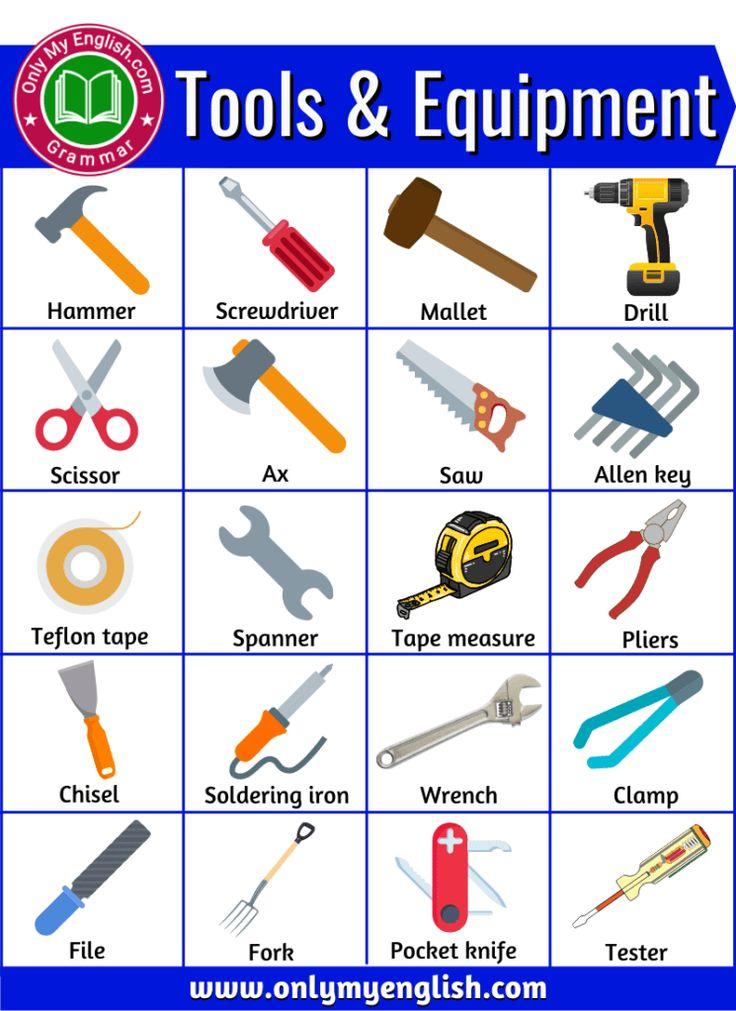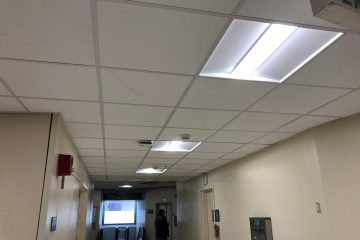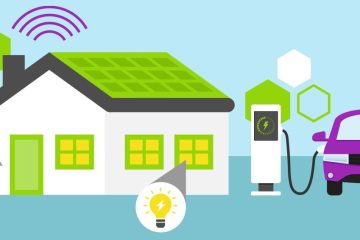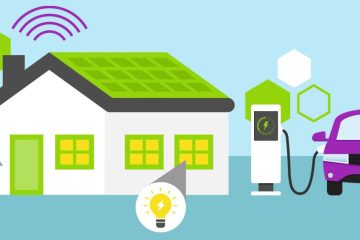Table of Contents
- Understanding the Role of an Energy Efficiency Practitioner
- Key Skills and Qualifications for Energy Efficiency Experts
- Implementing Best Practices for Optimal Energy Use
- Tools and Technologies Transforming Energy Efficiency
- Actionable Strategies to Boost Energy Performance in Buildings
- Q&A
- Insights and Conclusions
Understanding the Role of an Energy Efficiency Practitioner
The modern world increasingly focuses on sustainable living, placing energy efficiency practitioners at the forefront of environmental advocacy and practice. Energy efficiency practitioners are vital in reducing energy consumption across various sectors, including residential, commercial, and industrial domains. Their expertise is diverse, covering areas such as energy auditing, sustainable design, and the implementation of renewable energy solutions. These professionals employ advanced diagnostic tools and methodologies to assess energy use and identify opportunities for improvement. Their work directly contributes to lowering carbon footprints and promoting sustainable consumption patterns.
A key aspect of their role involves conducting detailed energy audits. These audits are comprehensive evaluations of energy usage within a building or organization. Practitioners gather data on energy consumption patterns, identifying areas where energy is wasted and suggesting actionable solutions. To achieve this, they employ various methods, such as thermal imaging, meter reading analysis, and load profiling. By interpreting this data, they provide strategic recommendations that might include upgrading HVAC systems, installing energy-efficient lighting, or integrating smart technology solutions into existing infrastructures.
Beyond audits, these practitioners are educators and advocates. They engage clients and communities through workshops and presentations to raise awareness about energy conservation. By translating complex technical data into understandable insights, they empower stakeholders to make informed decisions. Educational initiatives often involve showcasing success stories where effective energy management has led to significant cost savings and improved operational efficiency. They may also guide clients through incentive programs and certifications, enabling businesses and individuals to benefit financially while contributing to broader societal goals.


Key Skills and Qualifications for Energy Efficiency Experts
In the rapidly advancing field of sustainability, professionals dedicated to optimizing energy consumption need a unique blend of skills and qualifications. At the core of their expertise lies a profound understanding of energy systems and technologies. They are often required to assess existing energy use patterns and identify opportunities for improvement. This demands both theoretical knowledge and practical experience in the fields of electrical systems, HVAC (heating, ventilation, and air conditioning), and renewable energy technologies. Familiarity with the latest tools and software used for energy modeling and simulation is also crucial.
A keen eye for detail blended with analytical skills enables these practitioners to conduct thorough energy audits and assess the performance of various conservation measures. Effective data analysis can highlight inefficiencies and guide the development of robust strategies to reduce energy consumption. Equally important is the ability to interpret complex technical data into actionable insights, which often involves creating reports and presentations for stakeholders who may not have a technical background. This is where communication skills become an asset.
| Skill | Description |
|---|---|
| Technical Proficiency | Hands-on expertise with energy systems. |
| Analytical Skills | Ability to interpret complex data sets. |
| Communication | Presenting findings to diverse audiences. |
Interpersonal dynamics and teamwork are equally vital, especially since the role often involves collaborating with engineers, architects, and other professionals to implement energy-saving measures. A successful expert combines the ability to negotiate and influence project designs with a collaborative approach. Additionally, they must stay updated with evolving regulations and standards to ensure compliance and advocate best practices. Constant professional development through certifications such as Certified Energy Manager (CEM) or Leadership in Energy and Environmental Design (LEED) is often a prerequisite to staying competitive in this ever-evolving discipline.


Implementing Best Practices for Optimal Energy Use
As an energy efficiency practitioner, focusing on the optimization of energy use is paramount. This involves the adoption of comprehensive strategies that are both inventive and actionable. One effective approach is to conduct regular energy audits. These audits serve as a roadmap, highlighting areas where energy is being wasted and offering insight into potential improvements. Implementing occupancy sensors in office spaces, for instance, can substantially reduce energy consumption by ensuring that lights and equipment are only in use when needed. Additionally, upgrading to LED lighting is a simple yet impactful change, offering a significant reduction in energy use and costs.
Beyond the initial energy-saving measures, maintaining optimal energy use necessitates ongoing monitoring and adjustments. Utilizing smart thermostats is one such practice. These devices not only maintain comfortable indoor temperatures but also analyze usage patterns to make automatic adjustments, maximizing efficiency. Moreover, investing in energy management software provides a centralized platform to track real-time energy data, facilitating informed decision-making. Regularly updating this software ensures that the latest, most efficient practices are being utilized, staying ahead in the evolving field of energy efficiency.
Innovative practices also involve engaging building occupants in energy-saving initiatives, empowering them to contribute actively. Educational workshops and detailed feedback reports create a culture of awareness, encouraging behavioral changes that support energy goals. An effective method is to introduce an internal reward system, recognizing departments or individuals who significantly reduce their energy consumption. Consider the following incentives:
- Monthly recognition: Highlight achievements in newsletters or meetings.
- Bonus incentives: Offer financial bonuses for reaching savings milestones.
- Team outings: Celebrate collective achievements with funded team events.
Through the implementation of these best practices, the path toward optimal energy use becomes more intuitive and successful, aligning both individual efforts and organizational goals.


Tools and Technologies Transforming Energy Efficiency
- Smart Grid Technology: A revolutionary advancement driving the core of energy efficiency, smart grids utilize real-time data to optimize the distribution and consumption of energy. These grids are designed to minimize losses in transmission and provide consumers with more control over their energy usage. By integrating renewable sources like solar and wind, smart grids offer a reliable system for managing the delicate balance between supply and demand. For energy efficiency practitioners, understanding smart grid technology means discovering new ways to help reduce emissions and cut down on energy waste.
- Internet of Things (IoT): In recent years, the marriage of IoT with energy systems has further amplified the ability to monitor and control electricity consumption across various industries. IoT devices embedded in household and industrial equipment can provide insights into patterns of energy usage that were previously undetectable. This connectivity enables better decision-making and the automation of energy-saving practices, transforming how practitioners approach efficiency improvements.
| Tool | Benefit |
|---|---|
| Energy Management Software | Real-time monitoring and reporting |
| Smart Thermostats | Automatic temperature regulation |
| LED Lighting | Reduced power consumption |


Actionable Strategies to Boost Energy Performance in Buildings
Incorporating innovative techniques into your building’s energy management plan can significantly enhance overall performance. One effective approach is to utilize smart technologies, which can offer real-time data collection and analytics. This information can help identify patterns in energy consumption and pinpoint areas where savings can be made. Investing in smart thermostats, automated lighting systems, and occupancy sensors are practical steps toward achieving greater efficiency. These solutions not only streamline operations but also contribute to creating a more comfortable and sustainable environment.
Optimizing building insulation is another crucial strategy. Proper insulation reduces heat loss in winter and keeps interiors cooler in summer, which decreases the need for excessive heating or air conditioning. Consider using high-performance insulation materials such as spray foam, rigid foam boards, or reflective barriers that complement existing structures without substantial renovation. Regular maintenance, including sealing windows and doors to prevent drafts, ensures the building envelope remains efficient, ultimately lowering energy bills.
Another impactful measure is the integration of renewable energy sources. Installing solar panels or small-scale wind turbines can significantly decrease reliance on non-renewable sources, thus reducing the carbon footprint. Benefits of Renewable Energy:
- Lower utility costs over time
- Government incentives and tax rebates
- Enhanced public and environmental image
- Increased property value




0 Comments